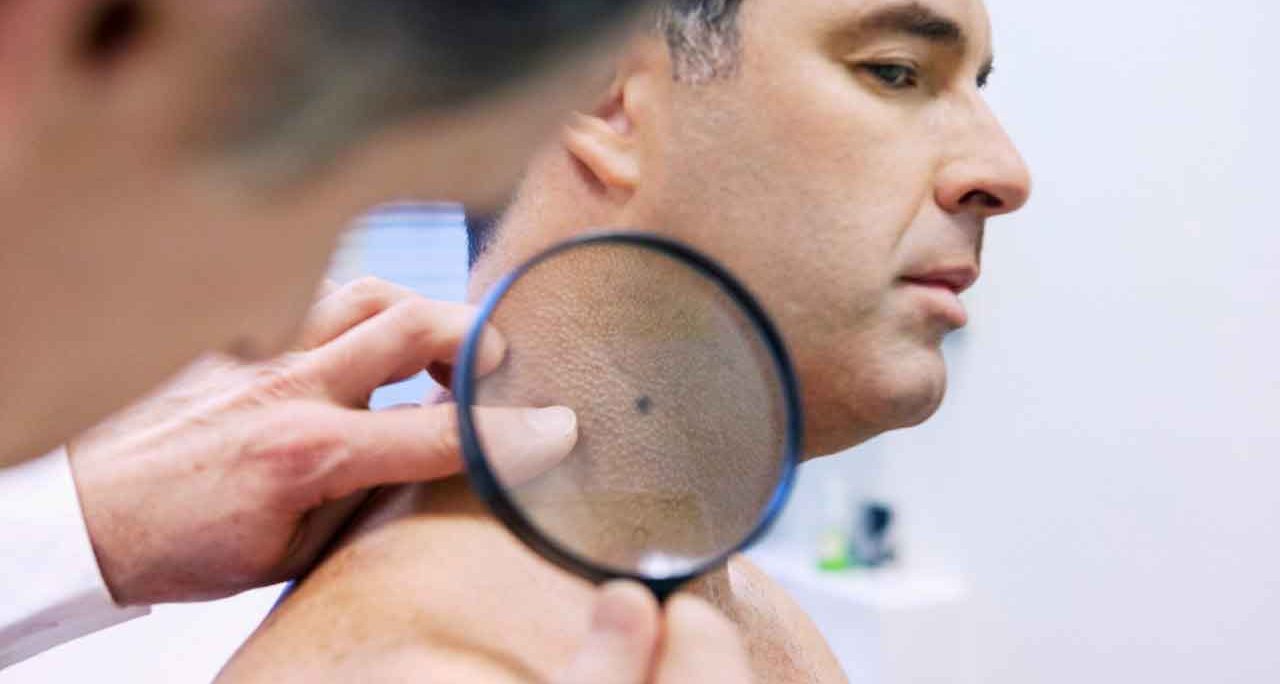Recent Veterans Have a Higher Skin Cancer Risk

Veterans who served in Iraq and Afghanistan have an increased risk for skin cancer.
It’s not unusual for U.S. military veterans to sustain injuries in the course of their service. But a new study has raised an alert about a potentially dangerous health consequence of serving in the Middle East that hasn’t been readily apparent before — an increased risk of skin cancer.
"The past decade plus of United States combat missions, including operations in Iraq and Afghanistan, have occurred at a more equatorial latitude than the mean center of the United States population, increasing the potential for ultraviolet irradiance and the development of skin cancer," said Vanderbilt University dermatologist Jennifer Powers, MD, who headed the research.
Simply put, U.S. service members weren’t used to the extreme sun exposure they received while on duty in the Middle East and Afghanistan and, what’s more, they did little to protect themselves.
YOU MIGHT ALSO LIKE: Cancer Screening Guidelines
Powers and her colleagues studied data from 212 Iraq and Afghanistan veterans who were asked about the amount of sun exposure they had during their last deployment. The vets were also queried about whether they protected their skin from excess sun exposure while in the Middle East.
The research revealed that 77 percent of the veterans had spent four hours or more daily exposed to glaring sunlight while deployed, and 63 percent had suffered at least one sunburn during the time they were stationed in Iraq and Afghanistan.
What’s more, the veterans who spent an especially long time in the sun, typically six hours or more a day, had little access to sun protection gear such as hats, sunglasses, and structures that provided shade. Only 13 percent they had used sunscreen regularly, and almost 90 percent admitted they had used sunscreen only “sometimes” while serving in the Middle East.
Less than 25 percent of veterans polled said the military had made them adequately aware of the risks of skin cancer. They had also not received training about the need for sun protection. All these factors add up to a higher risk of skin cancer, the Vanderbilt researchers concluded.
Obviously, military personnel deployed in the Middle East can be in life or death situations, which make worrying about excessive sun exposure seem hardly important. However, making sure troops regularly have access to sun protection could help prevent long-term health risks of future skin cancers, the study concluded. The researchers also suggested more should be done to promote early detection for skin cancer among the military population, including possible screening of higher-risk personnel.
"Our study has identified factors that put veterans at risk for skin cancer, including melanoma, but we need to better understand the 'why' of sun protection in the field," Powers said. "There is a suggestion that there are times when the lack of availability was associated with lack of use. Understanding how to provide practical and effective sun protection to servicemen and women in warm climates is the next step.”
Back home in the states, it’s important for veterans and their family members to be aware of the signs and symptoms of skin cancer. The American Academy of Dermatology offers information on skin changes that should prompt a visit to your healthcare provider ASAP.
Early detection and treatment provide the best chance of curing even the most serious and potentially deadly form of skin cancer, melanoma. According to the National Cancer Institute, melanoma is far more aggressive than most other types of the disease and, if not diagnosed and treated early, it can invade nearby tissues and spread to other parts of the body.
Updated:
March 30, 2020
Reviewed By:
Janet O’Dell, RN